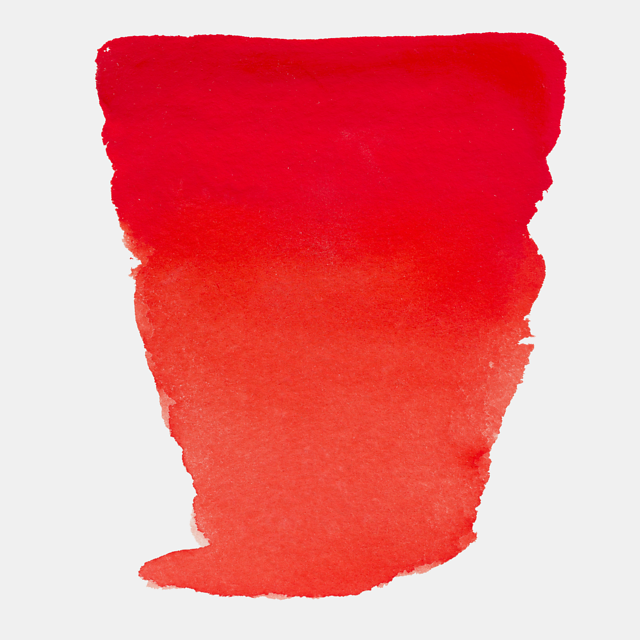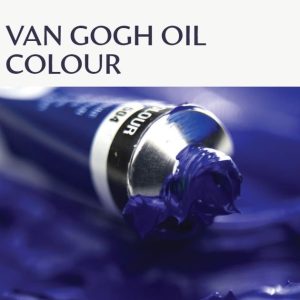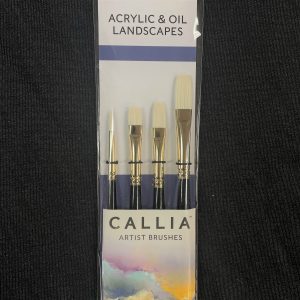Description
Royal Talens Van Gogh Watercolour Permanent Red Light
Royal Talens Van Gogh Watercolours are for artists for whom cost is a factor. The most expensive pigments have been omitted, but the same top quality raw materials used in the Royal Talens Rembrandt watercolours are used for these Van Gogh colours.
Permanent red light 370
10ml tube of Permanent Red Light 370 is formulated with pigment(s) PR255, is semi-transparent, and has a lightfastness rating of +++ (at least 100 years lightfast under museum conditions).
Size:
- 10 ml
Details:
- Excellent color intensity
- Pigment fineness results in clear, vibrant colours
- Easy to handle
Van Gogh watercolours are rated as a student level paint range. They feature brilliant, transparent, and intense colours with a high tinting strength. Thanks to the purity and uniform viscosity, these water colours are easy to work with and easy to mix. Proudly produced in Holland with stringent quality control for a consistent experience with every purchase.
Most colours are rated with the highest degree of lightfastness +++ (100+ years under museum conditions) with a few colours rated just one step below at ++ (25 – 100 years under museum conditions). The lightfastness has been tested according to the ASTM norm D4303.
Van Gogh Watercolour Colour Chart
Find more Royal Talens products here.
FAQs
Can I mix Watercolours with Ecoline Liquid Watercolors?
Ecoline and watercolour paint can be mixed without a problem, but whether this is wise depends on what you intend to do with the painting. Read more in Royal Talens’ blog: Differences between Ecoline and watercolours
Why are some colors easy to wash away after drying and other colours are not?
The fact that some colours remain on the paper and can only be partially washed away is due to the type of pigment (particle size) and/or the quality of the paper used. More about this in the Royal Talens’ blog: Differences in drying of watercolour colours
How can I create bleeding effects in my Watercolor?
The bleeding technique is similar to the wet into wet technique (wetting your paper first with water, or painting into a wet area of color). However, instead of laying your brush on the surface, let the color drip from above one into the next color.
Tip: To control the bleed area, pre-wet only where you want the color to go. Check out this video



